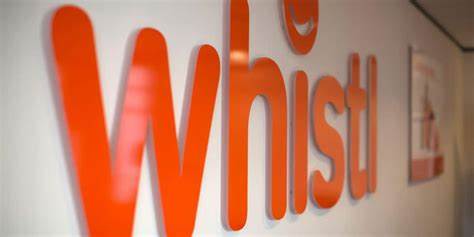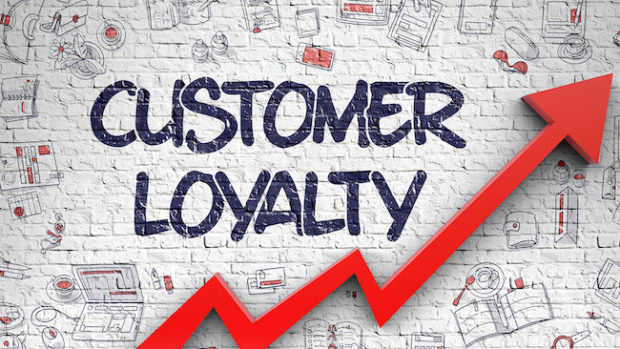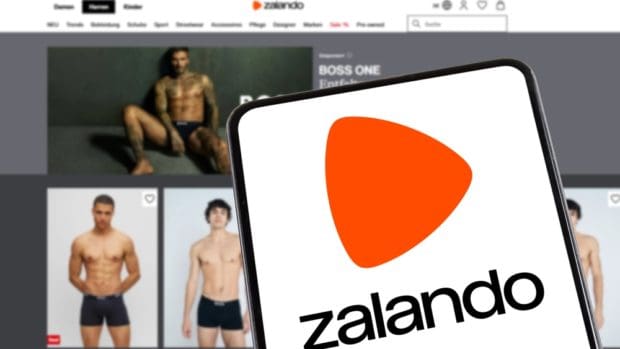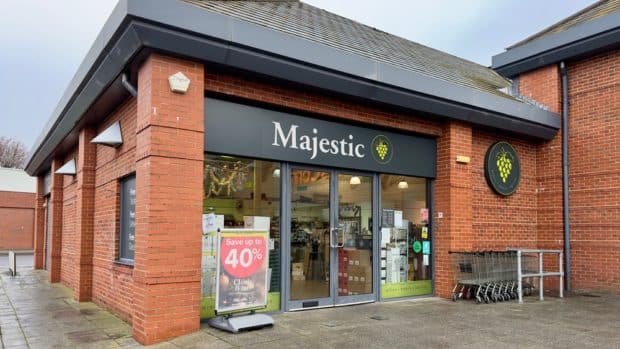British SMEs are starting to feel more confident about the performance and resilience of their own businesses, despite challenges in the wider economy, according to the latest quarterly Barclaycard Payments SME Barometer. Over half (54 per cent) of UK SMEs are expecting revenues to increase in Q4, compared with performance in Q3 2021. Yet concerns about inflation and rising bills are having a broader impact, with 64 per cent feeling neutral or optimistic about the UK economy, down from 76 per cent in Q3 2021.
As the Christmas shopping rush gets underway, data from Barclaycard Payments, which processes £1 in every £3 spent using credit and debit cards in the UK and services over 350,000 SMEs, shows that in the three months up to 31 October, transaction volumes among this group were up 38.1 per cent (versus 2019).
Encouragingly, following last year’s restrictions, the research also shows that almost three in 10 (29 per cent) SMEs predict the upcoming festive trading period will be their most successful since 2015.
Year-on-year payments volumes are also showing strong growth – up 21.9 per cent across the board – with the retail, food & drink and leisure & entertainment sectors benefitting from 15.58 per cent, 27 per cent and 54 per cent uplifts respectively.
While consumer confidence has declined against a backdrop of inflation and rising utility bills, business owners which anticipate a rise in revenue attribute this to: an expected boost in sales as they believe Brits will be having larger celebrations after spending Christmas 2020 apart from many of their families and friends (25 per cent), an increased preference for small businesses among shoppers (14 per cent) and customers choosing to spend more with small businesses (10 per cent).
The majority of businesses also remain relatively confident (56 per cent) in the resilience of their supply chains, despite a small decline in sentiment compared to Q3 2021 (59 per cent). Reassuringly, as Christmas shopping peaks, over seven in 10 SMEs (71 per cent) have put measures in place to limit the impact of supply chain challenges, which includes 85 per cent of retailers when looking at specific sectors.
Looking ahead to 2022
The long-term outlook for British SMEs appears promising. While three in 10 (31 per cent) say the pandemic and associated restrictions was their greatest challenge of the last year, looking forward into 2022, just 11 per cent expect this to remain the most significant barrier to performance, while almost one in 10 (9 per cent) cite access to talent as a significant obstacle they expect to experience.
More than half of SMEs (54 per cent) believe the pandemic has helped future-proof their business and made them more resilient, as many look to invest in the year ahead. Close to four in 10 (36 per cent) plan to hire more staff, with businesses in Wales (47 per cent) being the most active in their recruitment drive. A further 29 per cent intend to upgrade their technology and more than a fifth (22 per cent) will extend their product range.
Kate Hardcastle MBE, Business and Consumer Expert, said: “It is exciting to see that so many British businesses feel they’re coming out the other side of the pandemic stronger, but they must remain cautious to the macroeconomic environment, which is vital as we head into what is typically their busiest trading quarter. This postive picture can be attributed partially to their agility and ingenuity, but also to the UK public, which has doubled down on its efforts to support small companies and their local high streets.”








Share